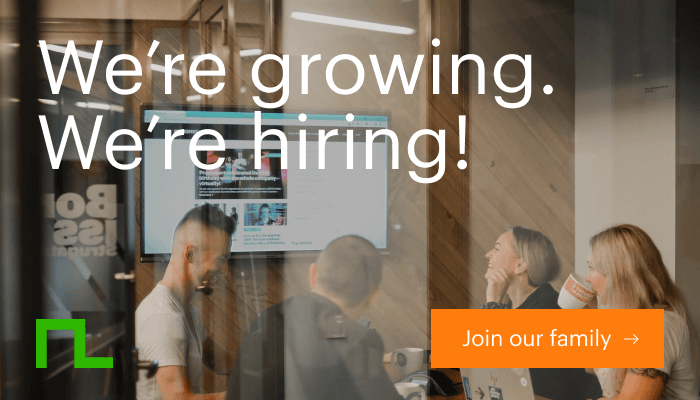Unknown Unknowns and Industry 4.0
Small and medium-sized companies (SMEs) don’t know what they don’t know and that’s okay. Because nobody else knows either.
Everyone’s talking about the hype cycle for generic IoT platforms for the manufacturing business. Everyone seems to be doing it, too, and there is a palpable fear of being left behind. However, after a little investigation, the situation is naturally more nuanced.

SMEs and risk aversion
There are industry giants like Siemens leading the way with strong implementations of their digital strategies. But the true backbone of the manufacturing world, SMEs, are believing the larger narrative yet simultaneously trying to avoid the risks inherent in turning their businesses towards the still partly-uncharted waters of digitalisation.
Look into digitalisation platforms
When you take a deeper look into digitalisation platforms on offer, one collides with the real life practicalities of combining legacy technology with modern platforms and practices. Without exceptions, all real-life solutions in manufacturing require a high degree of customisation that most current platforms have a tendency to ignore. Integration is expensive, deals with legacy tech, and most likely is not a scalable business.
Bridging the gap
The gap between real life implementation and the vision of digitalisation is yet to be bridged efficiently. The gap itself is two dimensional, spanning organisational maturity and technological readiness. In order to address both, we advocate a step-by-step approach: moving from creating incremental data collection to establishing situational awareness to advanced analytics tools.
The reason behind this approach is our belief that experience matters, and that before taking on complicated tasks it’s necessary to get the fundamentals right. It is not efficient to deploy advanced predictive models before an organisation has experience in data collection, data quality, and visualisation.
For SMEs with fairly limited resources, the true challenge lies in how to jump start the digitalisation of a traditional organisation with efforts that are low risk, have a shallow learning curve, and provide the possibility to fail fast. Since many SMEs feel they have reached a stable level of efficiency they are risk averse to implementing drastic changes, changes that have a positive effect that will be difficult to assess beforehand.

Accept the experimental nature in digitalizing the operations process
An approach that seems to make the most sense is to accept the experimental nature of this journey and start with quick, easy and cheap proofs of concept that validate a customer’s specific value proposition.
It may very well be that the traditional way of organising the business is already optimal. This approach provides the least painful method of either proving or disproving that. Start with a quick business discovery workshop, design proofs of concept and prototypes, adjust them endlessly, and find your way in customising the digital landscape to fit your business. In the end you’ll have built a solid support structure that carries the organisation into the future in a robust and flexible fashion. As we love to say in the IT world: Experiment, fail fast, iterate.
If you feel like discussing it further, book a 2-hour free consultation to understand what can data science solutions do in your company: peeter.meos@proekspert.ee














